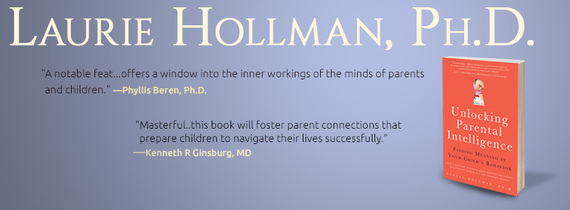Do you have a college student living at home?
How do you run your household while encouraging your at-home student to become more independent? How do you help him or her have an experience more like college than high school?
What conflicts ensue and how do you solve them?
Eight Tips for Parents of College Students Living at Home
1.Imagine that your son or daughter is in a dorm room where they have to do their own laundry. Teach them how to use the machines and leave them to it.
2.Imagine your young adults are going to classes on his or her own. Let them set their own alarm clock and get to classes on their own. Do not wake them like you may have done in high school. Leave them to organize their own schedule.
3.Discuss with your youngster what they need help with in terms of school work. Depending on the child's maturity level and intellectual abilities, they may still need some proof reading and assistance with learning how to do long term assignments. Ask if they want your help. Even kids in college away from home, get help from parents by email.
4.Include your young adult in decisions. Ask their opinions, hear their views, show them you respect they are high school graduates and have the status of being a college student now.
5.Discuss with your son or daughter what should be done, if anything, about curfews. If they were away at school, they would be setting up their own hours. Perhaps, one reason they are living at home is because they still need help with this. But, include them in the conversation about how much sleep is needed and when. Try to make this a mutual decision, not an authoritarian one where they feel dismissed and treated like a child.
6.Discuss together how to manage school, a job if needed and recommended, as well as chores in the household. The complex act of being on their own but still part of a family household needs to be aired. Be specific about the chores that are agreed to by all.
7.Spend some alone time with your young adult. He or she is going through a difficult transition. Take her out for a meal just the two of you and have general conversation. Let your youngster know you realize this shift from high school to college is a difficult one and you are there for her.
8.Only if your youngster reaches out, be ready to discuss relationships with friends. On the other hand, your child may view this as not your business and you need to respect their privacy.
The transition from middle adolescence to late adolescence or young adulthood is a difficult one. Some kids have growth spurts, hormonal changes continue, peer relations get more complex, and school work gets more demanding and at a quicker pace. Feeling on your own comes slowly not rapidly. Your young adult still needs you, but in a way that invites respect and open mutual communication.

Laurie Hollman, Ph.D. is a psychoanalyst with a new book out that offers an approach that will be helpful in this transition, Unlocking Parental Intelligence: Finding Meaning in Your Child's Behavior, found on Amazon, Barnes & Noble, Familius and wherever books are found.
